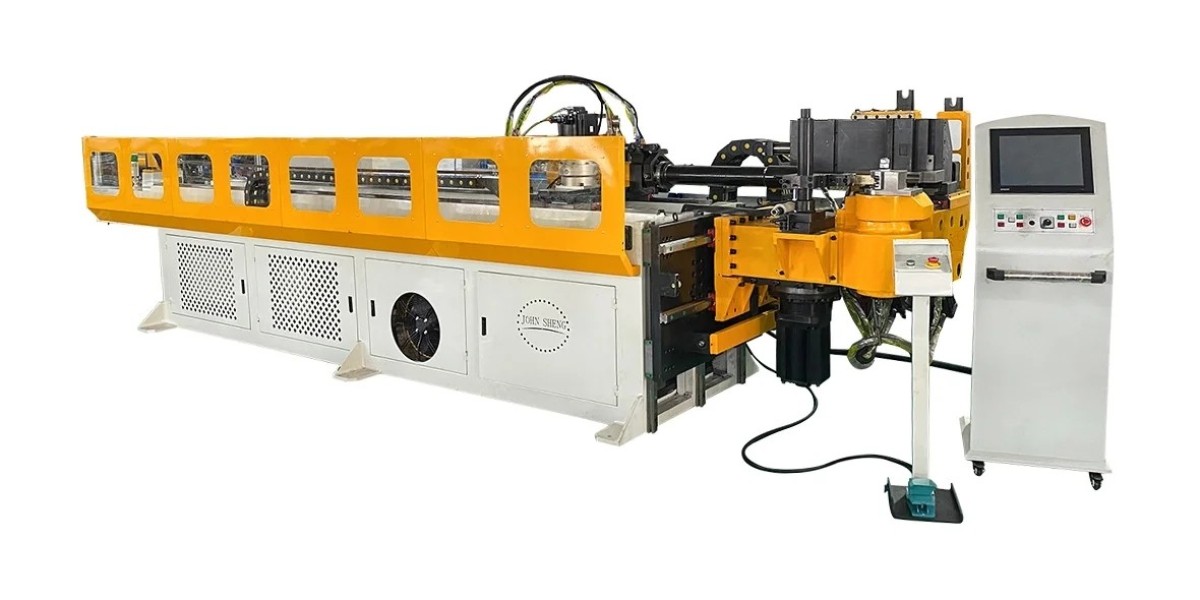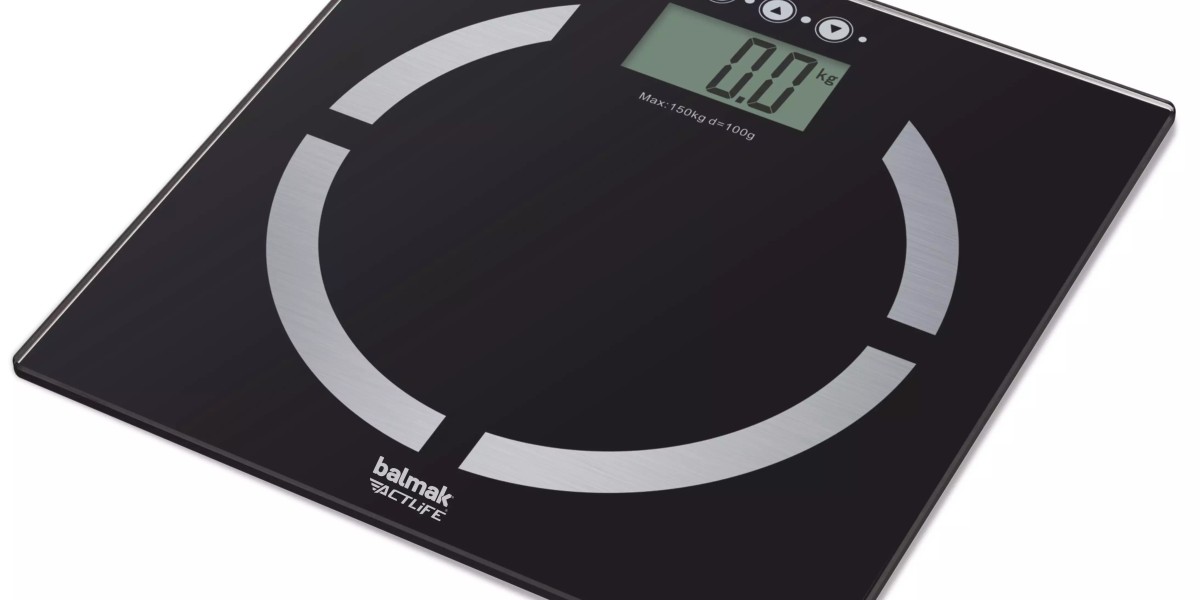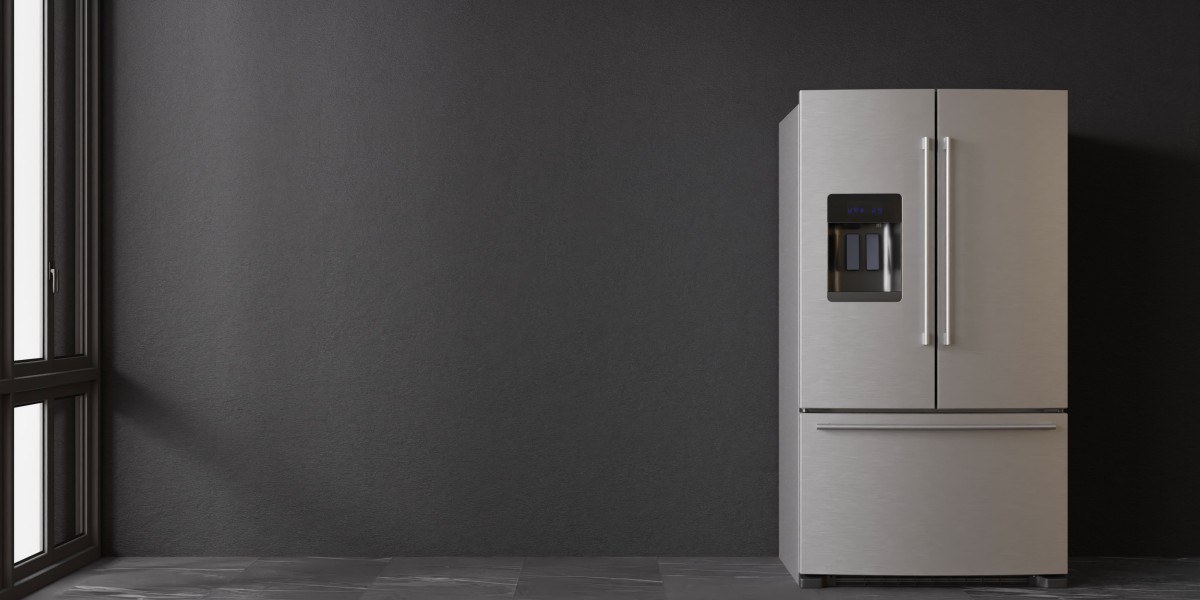pipe automation production line The pipe is bent in the same way as the sheet material. In the case of pure bending, when the pipe with outer diameter D and wall thickness t is bent by the action of external moment M, the outer wall of the neutral layer is subjected to tensile stress σ1, and the wall becomes thinner. The inner wall of the neutral layer is subjected to tensile stress σ1, and the wall becomes thicker. Moreover, the shape of the cross section changes from circular to approximately elliptical due to the effect of the resultant force F1 and F2. When the deformation is too large, cracks will occur on the outside wall and wrinkles will appear on the inside wall. CNC is mainly used in power construction, railway construction, boiler, bridge, ship, furniture, decoration and other aspects of pipeline laying and repair, with many functions, reasonable structure, simple operation, convenient movement, fast installation and other advantages. So, what are the technical points of pipe automation production line application:
1. Tube normalization
Excessive arcs, arbitrary curves, compound bends and arcs greater than 180° should be restrained when planning and piping. Too large arc not only makes the tooling bulky, but also is limited by the size of pipe automation production line machine; The arbitrary curve and compound bending plan are unreasonable, which greatly hinder the mechanical and automatic production and make it difficult for the operator to get rid of the heavy manual labor; The arc greater than 180° makes the pipe automation production line unable to discharge the mold.
2. Scaling of bending radius
The bending radius should only be achieved with "one tube one mode" and "multiple tubes one mode". For a pipe, no matter how many bends there are and how the bending Angle is, the bending radius can only be one, because the module is not changed in the bending process, which is "a tube and a mold". The "multi-tube mold", that is, the pipe with the same diameter specification should only accept the same bending radius, that is, use the same set of modules to bend tubes of different shapes, which is conducive to eliminating the number of modules.
3, the appropriate bending radius value
The bending radius of the catheter determines the resistance of the catheter during bending. Generally speaking, the diameter of the pipe is large and the bending radius is small, the bending is easy to appear internal wrinkles and slip signs, and the bending quality is difficult to guarantee, so that the R value of the bending die is 2 to 3 times the diameter of the pipe as usual.
4, moderate bending molding speed
The tension effect of bending forming speed on forming quality is as follows: the speed is too fast, which is easy to cause the bending section of the pipe to be flat, and the roundness can not meet the requirements, resulting in the pipe cracking and breaking; If the speed is too slow, it is easy to cause the pipe wrinkling and the pressing block slipping, and the pipe with large diameter is easy to form the sag of the bending section of the pipe. According to a large number of tests on these two pipe automation production lines, it is appropriate to determine the bending speed of the pipe as 20%~40% of the maximum bending speed of the machine.
5, suitable mandrel and its position
During the bending process, the mandrel tension acts as a guard against deformation of the inner wall that supports the bending radius of the conduit. At present, the domestic pipe is bent in the machine tool if the core rod is used, its quality is difficult to guarantee. There are many kinds of mandrel, such as column mandrel, universal single, double, three, four ball head mandrel, directional single, multi-ball head mandrel and so on. In addition, the position of the mandrel also has a positive impact on the bending of the conduit: in theory, its tangent line should be flush with the tangent line of the bending die, but a large number of tests have proved that 1~2mm in advance is better, and the bending mass ratio is ideal at this time. However, too much advance will result in the appearance of the so-called "goose head" on the outer wall of the curved section.
pipe automation production line https://www.john-sheng.com/Automatic-Production-Line







